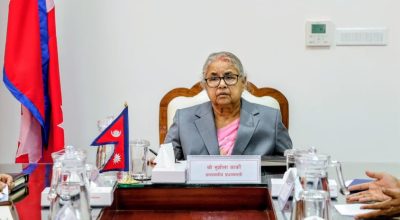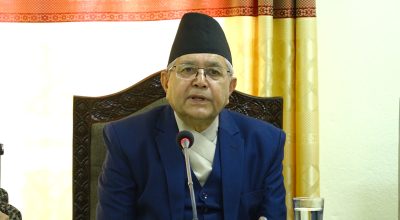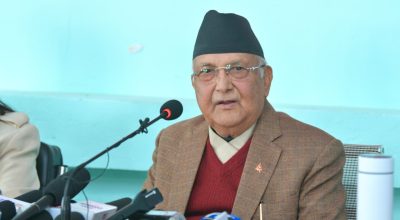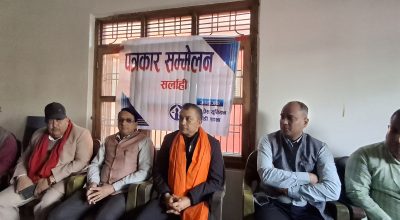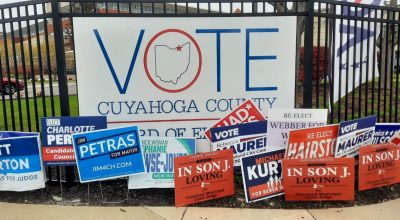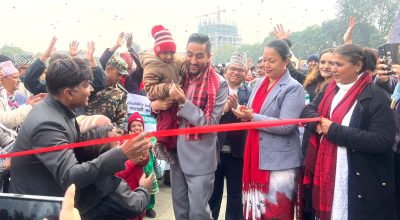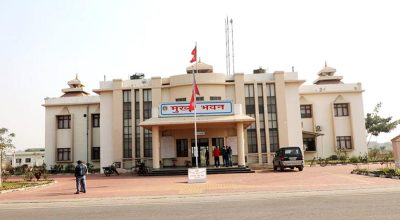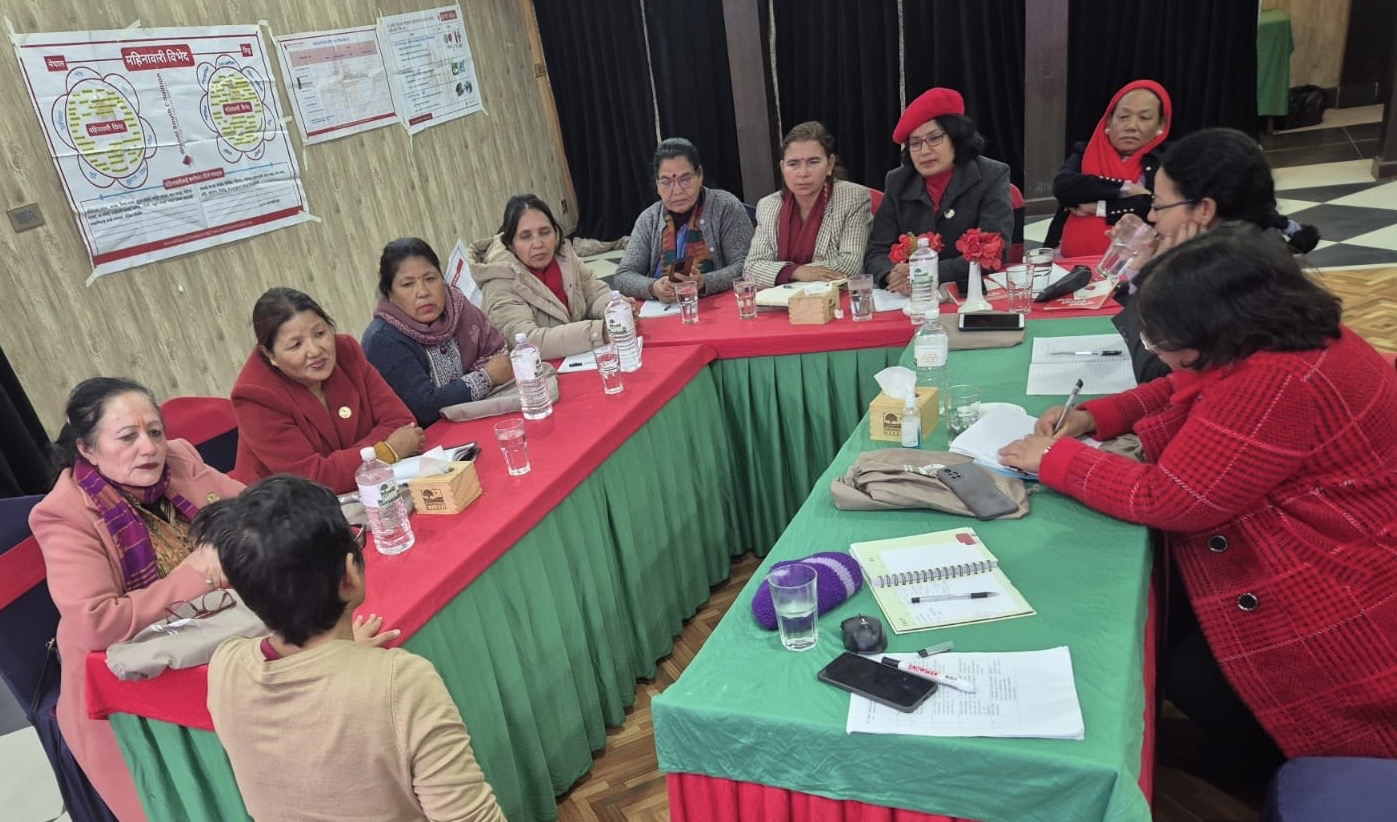
Kathmandu, Jan 9: ‘Dignified menstruation is not a privilege, but a human right.’ It was the sentiment echoed unanimously in a discussion featuring voices of women lawmakers representing the National Assembly, upper House of the federal parliament, on Thursday.
A group of National Assembly women members gathered here to explore various forms of discrimination surrounding menstruation.
During the event entitled ‘Policy Dialogue on Dignified Menstruation’, they acknowledged that such discrimination constitutes violence and violates multiple fundamental rights guaranteed by the Constitution. As a result, they called for legal measures to address these issues in addition to the need to unlearn the socialization about menstrual discriminations. For example, restrictions on menstruators from entering the kitchen—prevalent in many societies—violate the rights to dignity, freedom, equality, and access to food and so on, they concluded.
The legislators agreed that menstrual discrimination is widespread, with its varying forms and intensity depending on the region, community, and socio-economic context.
Reflecting on their lived experiences as menstruators, they concluded that they have been, and continue to be discriminated against simply because of the natural process of menstruation, which is often wrongly perceived by society as ‘impure’.
Orienting the group on the issue, Dignified Menstruation activist Dr Radha Paudel stated that UN conventions, treaties, policies, and national laws have largely overlooked the urgency to establish dignified menstruation by eliminating all discriminatory practices surrounding it.
In Dr Paudel’s argument, menstrual discrimination is a cross-cutting issue; it is embedded in the very foundation of unequal relationships between menstruators and non-menstruators. It manifests everywhere—at home, at workplace, at public spaces, schools, and religious sites—and is pervading in every society. Worryingly, it is entrenched in our collective psyche.
Presenting her research findings, Dr Paudel stated that factors such as financial and economic conditions, education attainment, and professional status do not significantly contribute to eliminating discrimination. However, awareness and action can make a difference.
The lawmakers promised to proactively work from their respective positions to dismantle the foundations of menstrual discrimination and promote the human rights of menstruators.
Dr. Anjan Shakya, Bishnu Sapkota, Durga Kumari Gurung, Garima (Madan Kumari) Shah, Ganga Belbase, Jayanti Rai, Renu Chand, and Sumitra BC were among those who took part in the discussions.
With the analyses of menstrual discrimination through the lenses of human rights, gender-based violence, and constitutional rights, they said they were convinced that ‘it is an underlying barrier to the advancement of Sexual and Reproductive Health and Rights (SRHR), depriving menstruators of fulfilling life.’
They were of the view that this discrimination is not only a primary cause of unequal power dynamics, systemic inequalities, and patriarchal structures, but it also affects menstruators in each moment of their life span. Manifested in unequal treatment and violence, it works as a force multiplier of all forms of violence, they asserted.
On an interesting note, they observed they have now realised that ‘Chhaupadi’ is a local term to suggest the ‘timing of menstruation’ and discrimination surrounding it does not only exists in the west Nepal, as commonly portrayed.
According to the participants, the donors, academics, NGOs, and the media have misinterpreted with the stretch of the term ‘Chhaupadi’, associating it exclusively with the west Nepal in a way that globally paints a ‘pathetic and negative picture’ of the region. Pabitra Guragain/RSS
RSS #Nepal






